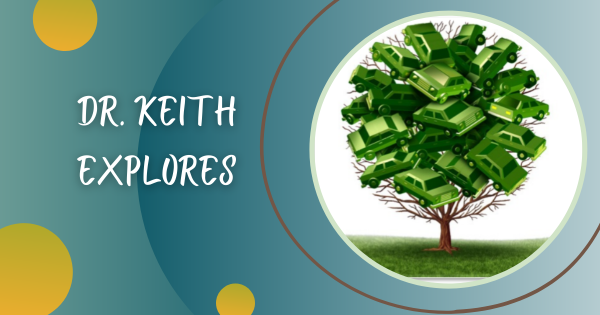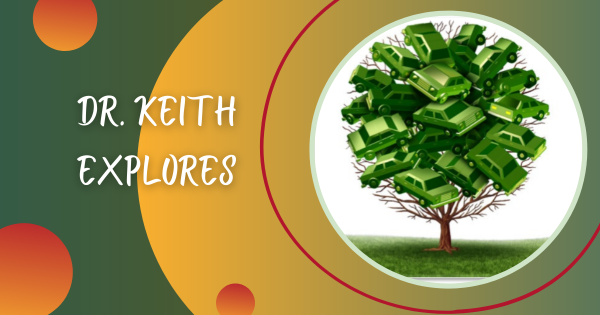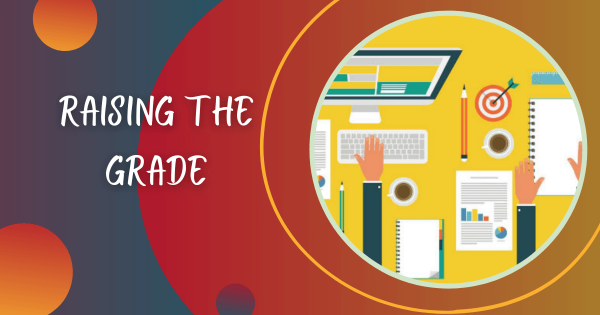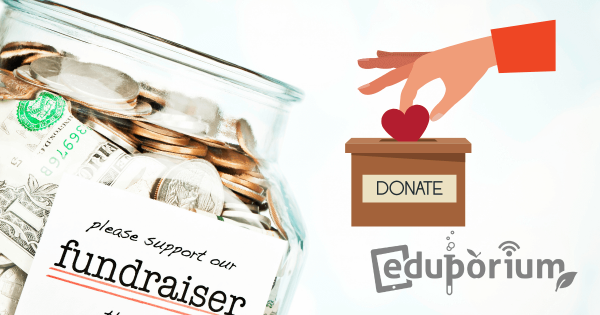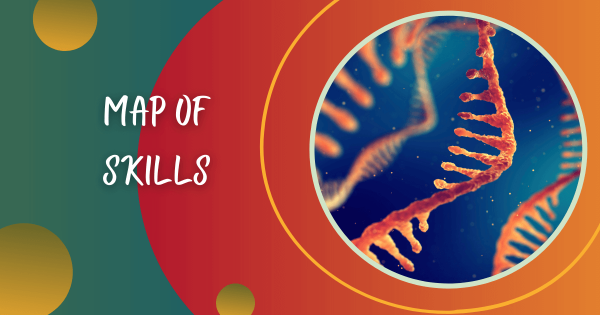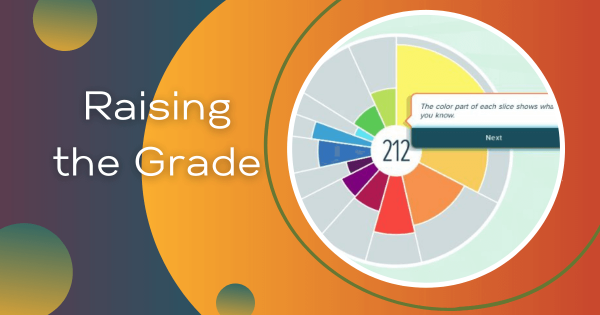Dr. Keith Explores is a new blog series written by Dr. Keith Yearwood, a geoscientist at the University of Maryland. Dr. Keith takes pieces of our natural world and explains them one at a time, encouraging and helping all of us to be more attentive to our surroundings. At the end of each post is a piece of technology, project,
Technology
-
Dr Keith Explores: Water and Pollutants
Today’s talk begins with a small activity. Take a clean, clear glass and put some tap water into it. Set it down and examine it carefully. Most likely you will see nothing in the water. It looks clean and pure and it probably is safe to drink. Take another clean glass and do the same thing, but this time, place -
Eduporium Weekly | Talking Wi-Fi A Reality?
As summer keeps heating up, get excited about some new findings in the technology world that could include talking Wi-Fi! According to reports, Wi-Fi-enabled devices will likely soon be able to swap tiny messages when they detect each other, which will make it easier for users to connect with only those that they are interested in. -
Eduporium Weekly | Movies In The Sky
Just because it’s summer, doesn’t mean the EdTech field is on vacation! Check out some of the coolest happenings in the tech world from this week, including a plane projecting a video onto a cloud! You may be used to hearing about the Cloud, especially if you’re immersed in the EdTech world but they made news for a different reason -
Raising The Grade: Teaching Above The Line
The most basic levels is the S (Substitition)- using technology as a simple substitution for more traditional models with no change. A (augmentation) is the second level where technology is used as a substitute with some minor improvement. These two levels are considered “below the line” meaning that they don’t really use technology in the most effective way. -
Raising The Grade: Assessing Technology Skills
As schools begin to integrate technology into all areas of academics I’m nervous about the extent to which we make this integration meaningful especially in terms of assessments. Inside are three of my own questions and my answers to them. Hopefully, the US education system can begin to move in the right direction. -
5 21st Century Fundraisers You Can’t Ignore
In this post from guest blogger, Jessica Sanders of www.learn2earn.org, explore some of the new and efficient ways to help raise money for your school community. School fundraisers are a necessary evil, but that doesn’t mean they need to be a pain to facilitate. Luckily, technology is making it easier to run effective fundraisers without the headaches. -
Map of Skills | Discovery of RNA Sequences
In this “Map of Skills,” Kaila Deiorio-Haggar, a Ph.D. Researcher at the Meyer Laboratory of Boston College, describes her work on autogenous ribosomal elements in bacteria. She uses computational frameworks to discover autogenous ribosomalelements in bacteria and talks about the computational alignments of genomic structures. -
Raising The Grade: It's An A+ for ALEKS
It stands for Assessment and LEarning in Knowledge Space. ALEKS is an assessment and learning system that is completely Web-based. It uses effective questioning to gauge a student’s skills and accurately tells me what they’ve mastered, what they haven’t mastered, and what they’re ready to learn next. -
Introduction to Video Production, Part 2
In this second part of “Intro to Video Production,” Eli introduces popular video editing programs for advanced production. What if you are looking for something more advanced? What if you have come and gone with iMovie or Lightworks and it’s just not doing it for you anymore? Keep reading to learn about more of our suggestions.




